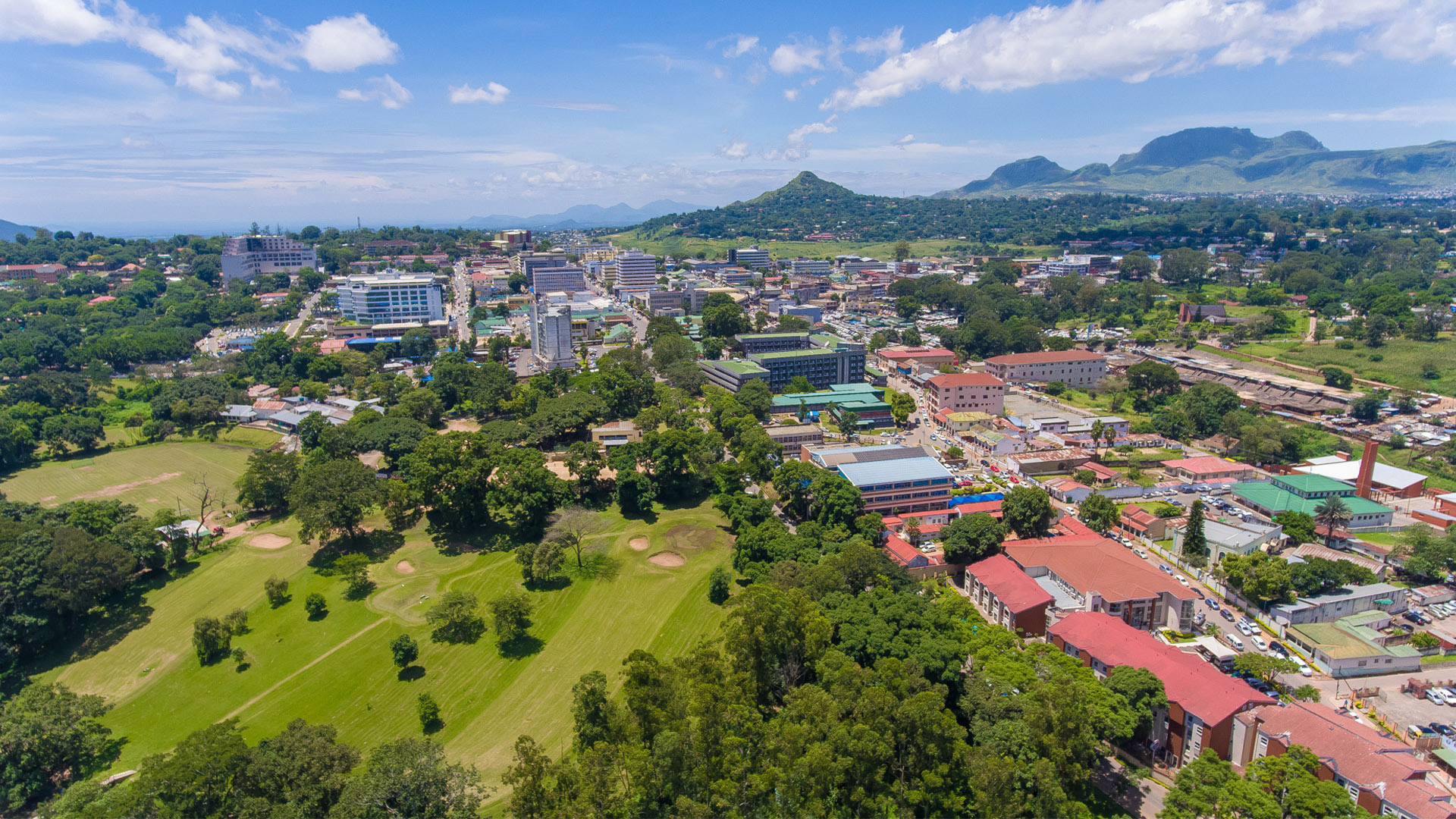
Malawi’s History

Ads Space

Categories
- Adventure(6)
- Camping(1)
- Design(1)
- Interviews(1)
- Lifestyle(1)
- Outdoor(1)
- Travel(1)
- Uncategorized(29)
Popular Posts :
-
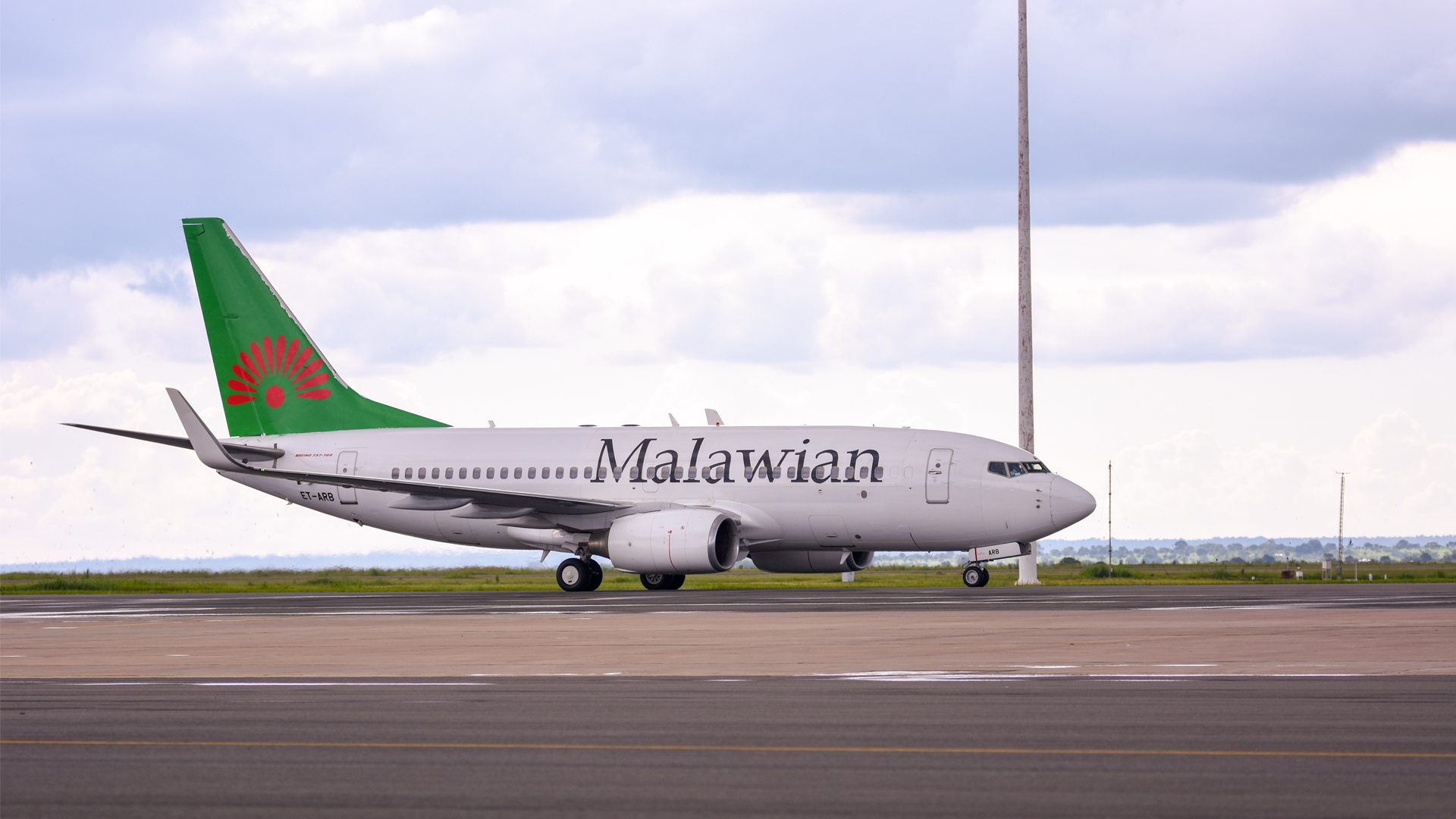 Malawi’s Transport 02 Aug 2019 0 Comments
Malawi’s Transport 02 Aug 2019 0 Comments -
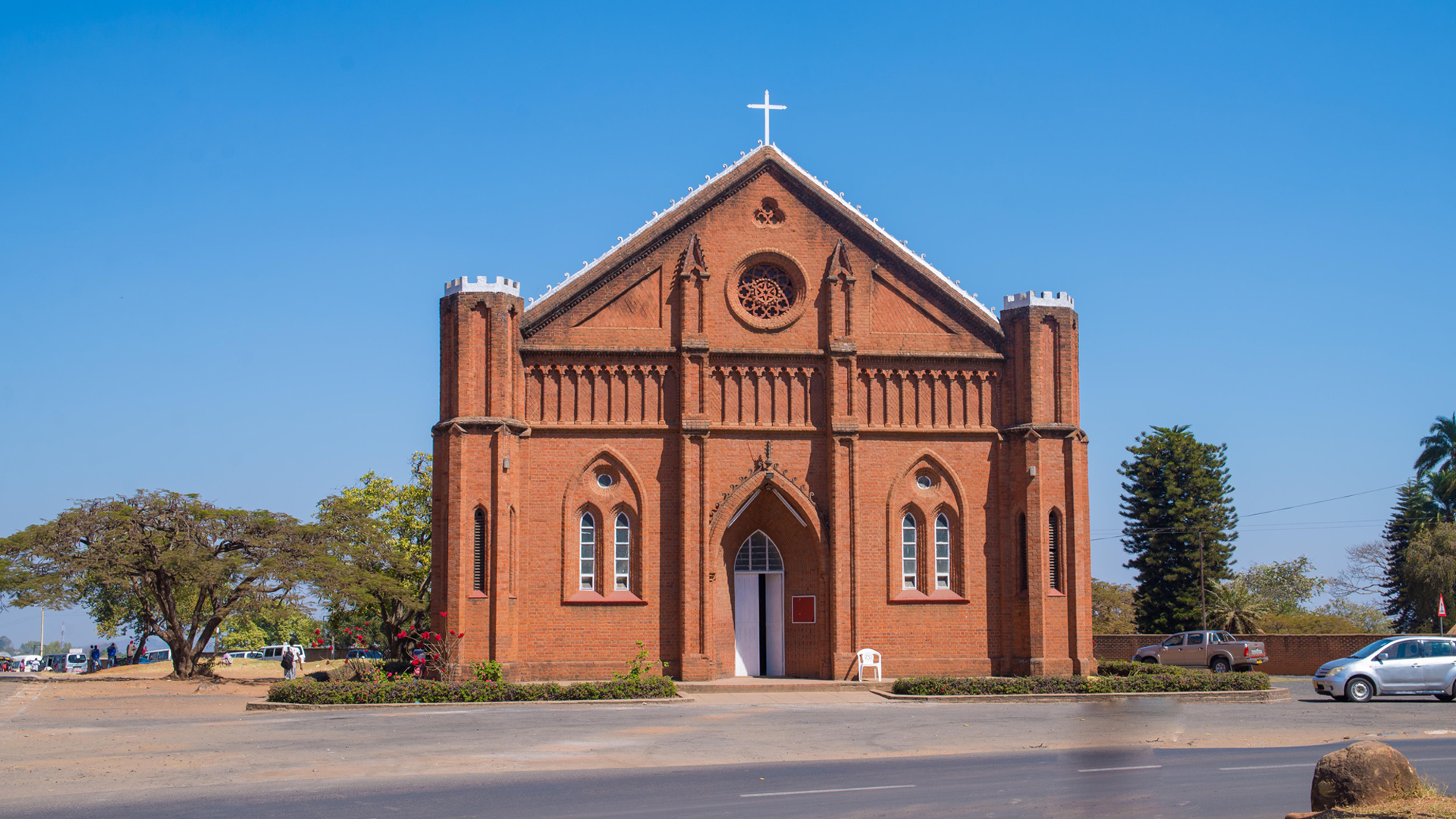 Malawi’s Religion 02 Aug 2019 3 Comments
Malawi’s Religion 02 Aug 2019 3 Comments -
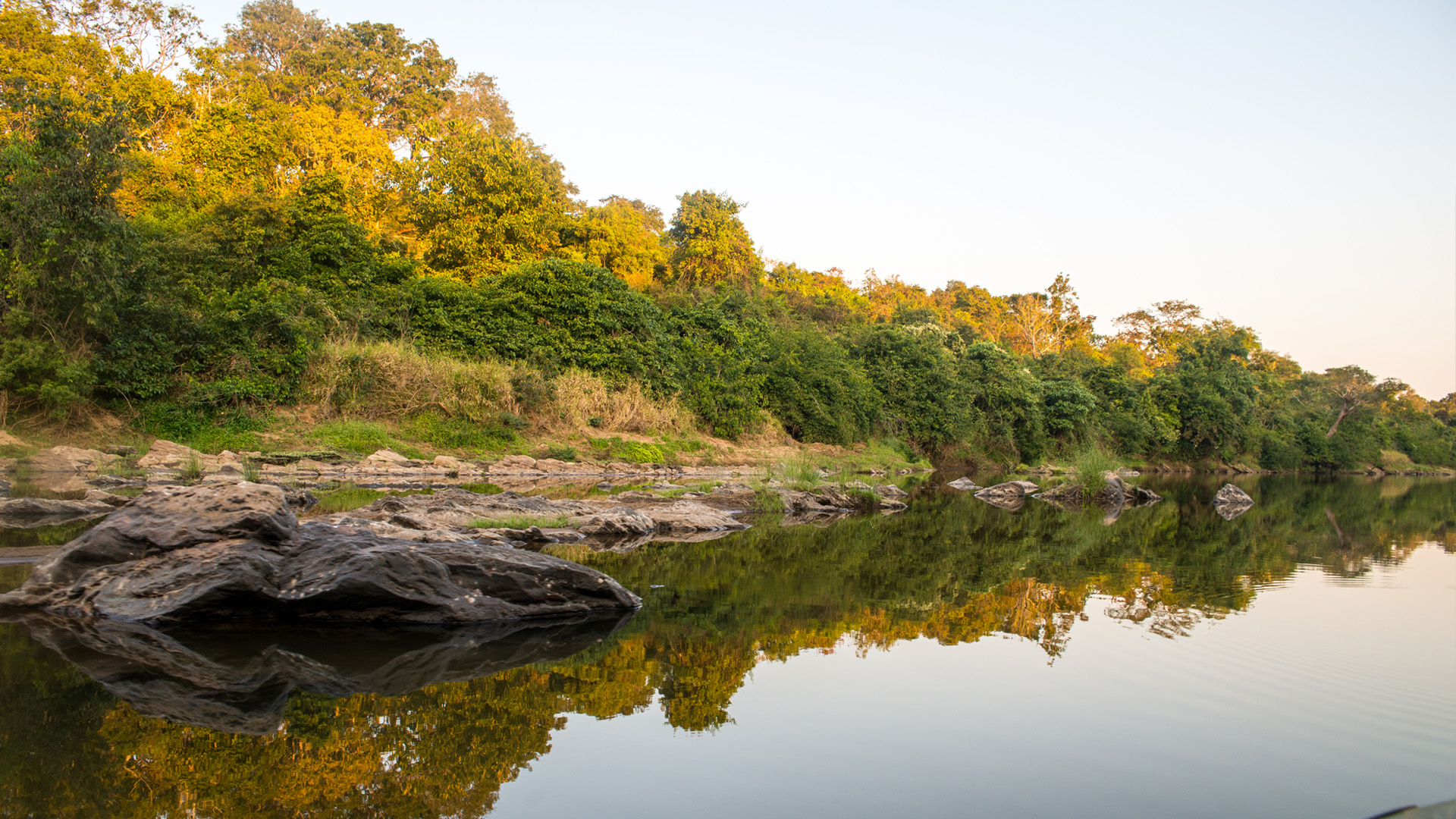 Malawi’s Climate 02 Aug 2019 1 Comment
Malawi’s Climate 02 Aug 2019 1 Comment -
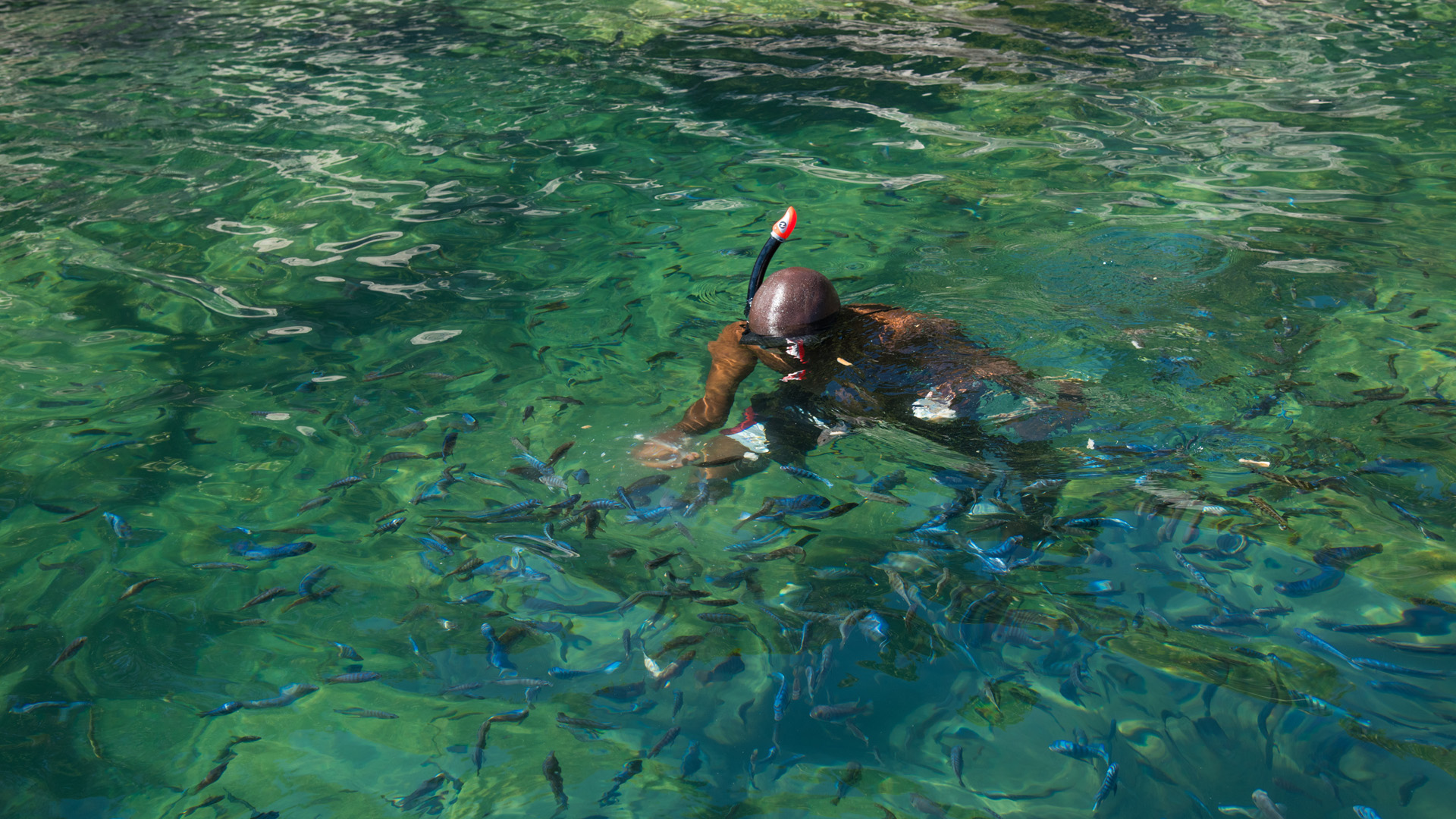 Malawi’s Location 02 Aug 2019 0 Comments
Malawi’s Location 02 Aug 2019 0 Comments -
 Malawi’s History 02 Aug 2019 0 Comments
Malawi’s History 02 Aug 2019 0 Comments
Ads Space


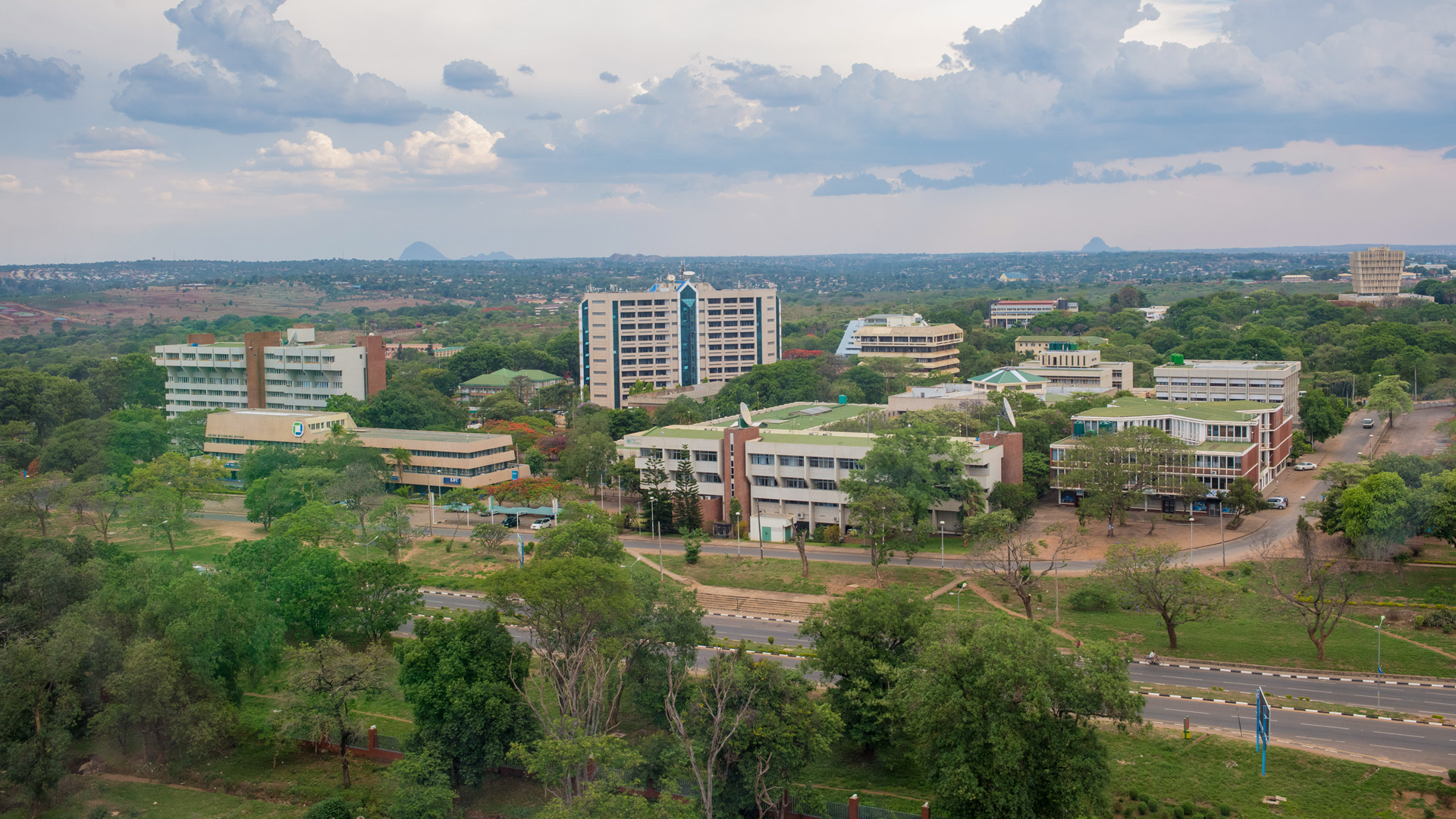


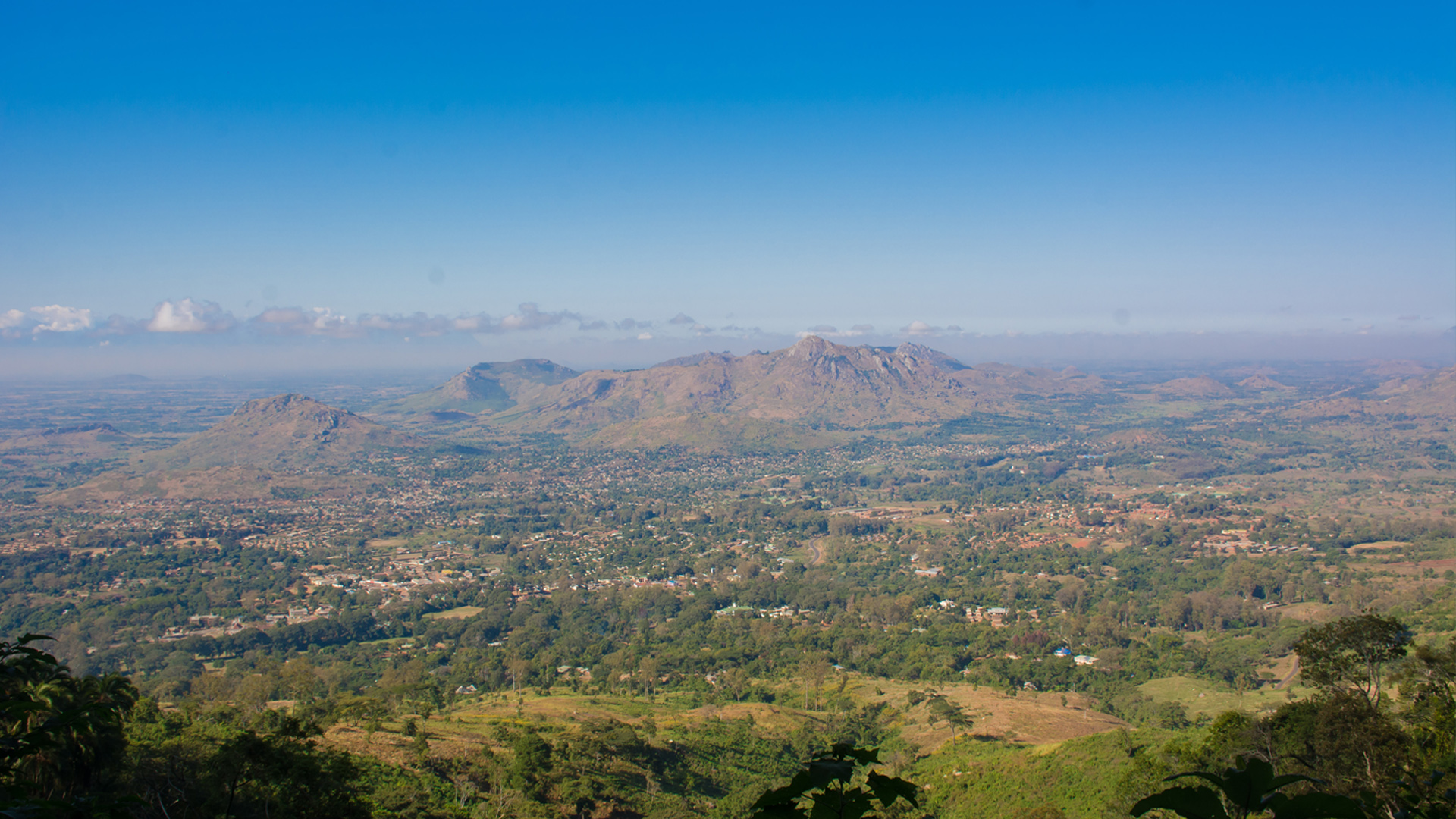
Add Comment